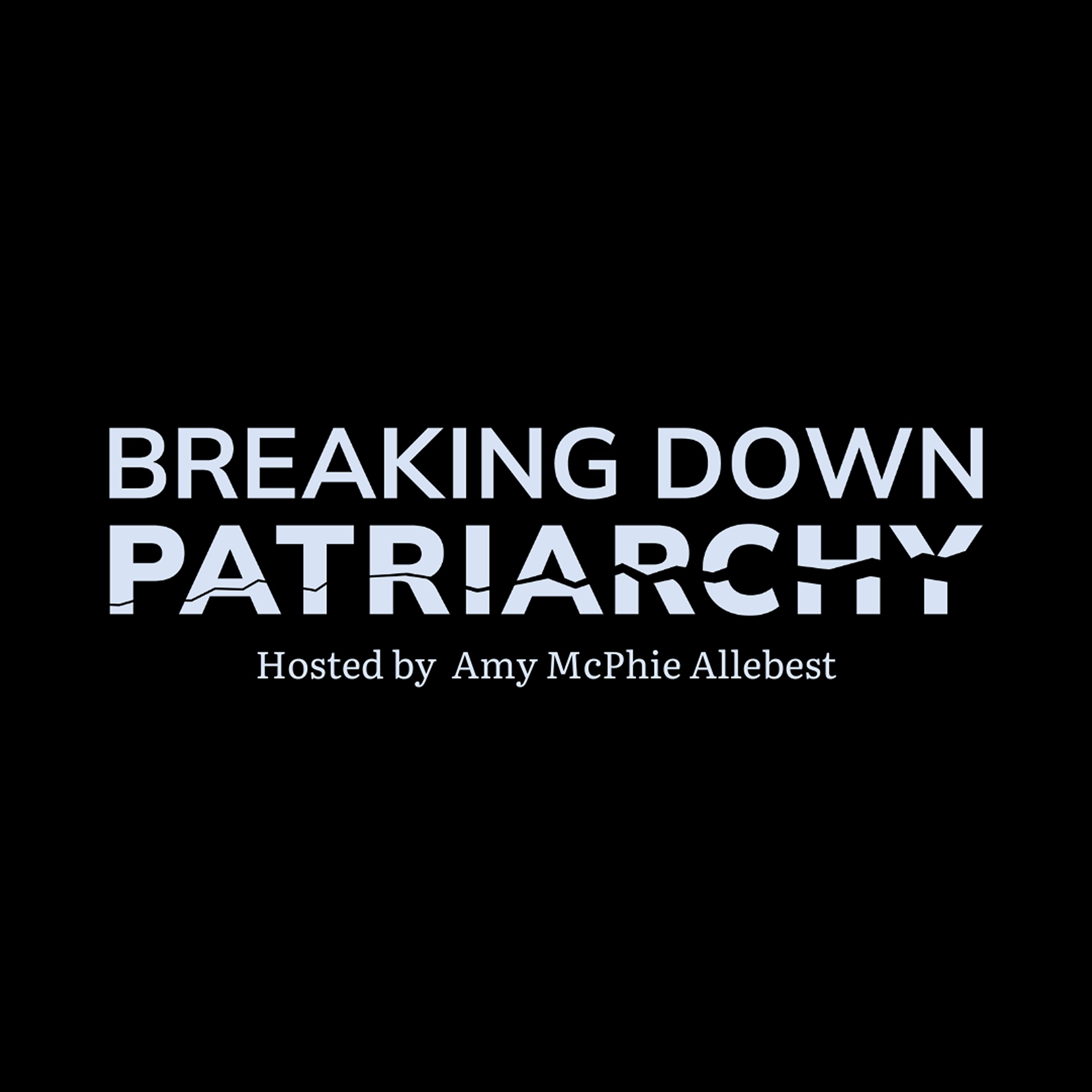Episode 32
Double Jeopardy: To Be Black and Female, by Frances Beal, Part 2
Amy is joined by guest Rayna Clay MacKay to conclude their discussion of Double Jeopardy: To Be Black and Female by Frances Beal. This is Part Two of Two and covers reform versus revolution, the history of medical cruelty carried out against Black bodies, and the fallacy of thinking all women face oppression equally.
Rayna Clay MacKay is a wife, mom, and Obstetric Anesthesiologist. She married a dreamy Scotsman for much more than his accent and gained two fantastic bonus kids as a result. They added three more kiddos to the mix, including identical twin boys, and a daughter. They also have the best Cavoodle in the world named Hamish. She is a firm believer that differences are what make us great, and they should be applauded and supported. As she’s gotten older and wiser, She’s found her voice becoming louder championing for the injustices in the medical system, and society as a whole. Her hope is that the future is more glorious with a rainbow of differing people and opinions that are equally acknowledged.


